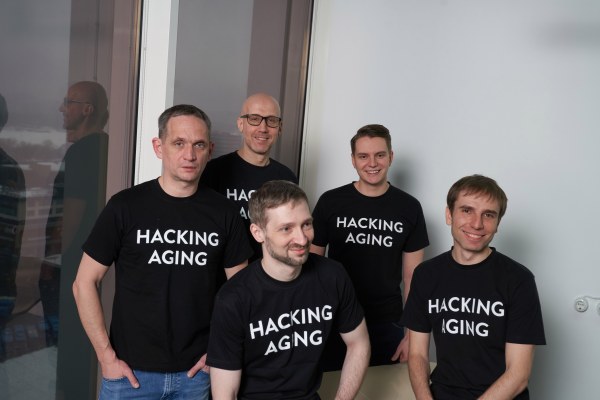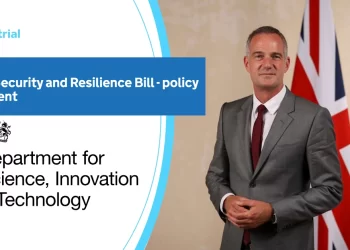Sensor data from smartphones and wearables can meaningfully predict an individual’s ‘biological age’ and resilience to stress, according to Gero AI.
The ‘longevity’ startup — which condenses its mission to the pithy goal of “hacking complex diseases and aging with Gero AI” — has developed an AI model to predict morbidity risk using ‘digital biomarkers’ that are based on identifying patterns in step-counter sensor data which tracks mobile users’ physical activity.
A simple measure of ‘steps’ isn’t nuanced enough on its own to predict individual health, is the contention. Gero’s AI has been trained on large amounts of biological data to spots patterns that can be linked to morbidity risk. It also measures how quickly a personal recovers from a biological stress — another biomarker that’s been linked to lifespan; i.e. the faster the body recovers from stress, the better the individual’s overall health prognosis.
A research paper Gero has had published in the peer-reviewed biomedical journal Aging explains how it trained deep neural networks…









































